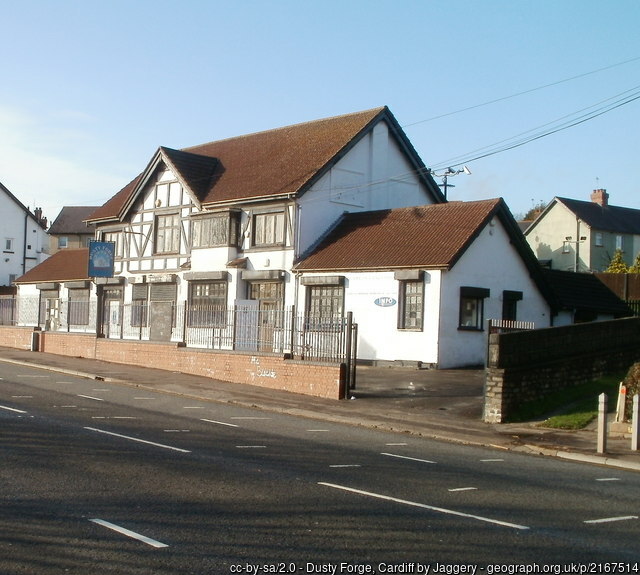Wayne David looks back at the life of Ken Hopkins, one of Welsh Labour’s guiding hands
In his time, Ken Hopkins was one of the most influential educationalists and Labour Party members in Wales. Returning to the Rhondda after reading English at Oxford, Ken began a teaching career which eventually led to him being appointed Director of Education in Mid Glamorgan.
Throughout his life, Ken strongly believed in comprehensive education as a means of ensuring equality of opportunity for all young people. As Director of Education, Ken had a good partnership with the Leader of Mid-Glamorgan County Council, Phillip Squire, one of the giants of local government in south Wales. He also had an effective working relationship with the National Union of Teachers and firm links with the Labour Party in the County, of which he was Secretary for many years. These links enabled Ken to quietly, and often discreetly, develop and implement an educational strategy, which truly reflected the importance which society in south Wales gave to education and self-improvement.
Contrary to what many assumed, mainly because of his opposition to Welsh nationalism, Ken Hopkins was a consistent supporter of the Welsh language and Welsh medium education. During his time as Director of Education, Mid Glamorgan saw a revival in the Welsh language, largely because Ken himself had given the lead in the creation of Welsh medium comprehensive schools. This was a significant achievement, given the reluctance of many Labour councillors to embrace Welsh medium schools because they saw them as grammar schools under another name.
Ken’s commitment to the Welsh language continued after he retired. In 2006, he wrote a pamphlet for the Institute of Welsh Affairs Saving Our Language in which he made a strong case for Welsh to be promoted in English language schools as well as through Welsh medium education. He argued that the aim of the Welsh Government should be the creation of a truly bilingual Wales.
Apart from education, Ken Hopkins’ other great commitment was to the Labour Party. In 1975 Ken edited and wrote the introduction to a book based on a series of lectures. It was entitled Rhondda Past and Future. Ken accurately stated that “Methodism, not Marxism, seems always to have had an immediate relevance for Rhondda politics, and a familiar debating point has always been to urge Jesus as the first and the best exemplar of Socialism”.
This was very much Ken’s own politics. As a regular chapel-going non-conformist, he was a firm believer in the evolutionary road to Socialism. Like many south Walians of his generation he was instinctively hostile to any suggestion that Wales should be ‘separate’ from England. Although he always supported Labour Party policy on devolution, it was largely because of the harsh reality of a Tory Government in Westminster that Ken became an enthusiastic advocate of the idea of Welsh devolution as the 1980s and 1990s wore on. In fact, when the Labour Party began to embrace devolution again after the debacle of 1979, the responsibility fell on Ken Hopkins to chair a Wales Labour Party working group, charged with developing the Party’s policy for a Welsh Assembly.
Largely because of Ken’s adroit diplomacy, Labour’s pro and anti-devolution camps maintained a unity through Labour’s successful General Election campaign of 1997. That unity, of course, was around a firm commitment to a directly elected Welsh Assembly dependent upon a successful ‘Yes’ vote in a referendum.
When it came to that referendum, Ken made sure that the Rhondda Labour Party was supporting the Yes campaign. Professor Kevin Morgan of Cardiff University addressed one notable meeting and, much to Ken’s delight, there was not just support from Rhondda Labour Party members, but real enthusiasm.
Yet 18 months later in the first Welsh Assembly elections, Ken experienced one of his biggest political disappointments. He himself was one of the Regional List candidates, although he did not get anywhere near being elected. This is what he expected. What was unexpected, however, was Plaid Cymru winning the Rhondda Assembly seat.
I was the Labour candidate in that election and for the early part of the campaign Ken had been my Agent, only stepping aside because of his own nomination. From the start of the Rhondda election campaign things had gone badly. On the same day as the Assembly election there were the elections to Rhondda Cynon Taff Borough Council. The Labour controlled Council was extremely unpopular and the issue of the Nantygwyddon landfill site was a ‘running sore’. Added to this, of course, was the way in which Alun Michael had become Leader of the Party in Wales, rather than the more popular Rhodri Morgan. Given the political culture of the Rhondda, the Welsh Labour Party’s near civil war over its Leadership played badly.
The result of all of this was a decisive defeat for the Labour Party in the Rhondda. This was a shock to everyone but no one took it worse than Ken Hopkins. The Rhondda, which Ken loved and knew so well, appeared to have rejected so much of what he believed in and had turned instead to those he sometimes disparagingly referred to as ‘the Nats’.
But it did not take long for Ken’s raw emotions to subside and his realism soon came to the fore. The defeat in the Rhondda could be attributed to specific factors; it did not represent a profound cultural shift away from the Labour Party. Ken quickly realised this and gave his support to the regeneration of the Party in the Rhondda, now led by younger members, many of whom were women.
During his long political career, Ken Hopkins held many senior positions in the Welsh Labour Party. His influence, however, should not be measured by the positions he held but by the tangible, positive difference he made to Welsh public life. With a quiet, behind the scenes approach, Ken was able to achieve much more than many of those who jumped onto the nearest soapbox. Ken Hopkins deserves to be remembered for a lifetime’s dedication to education and the Labour Party. The people of Wales and the Rhondda live better lives because of his work.





